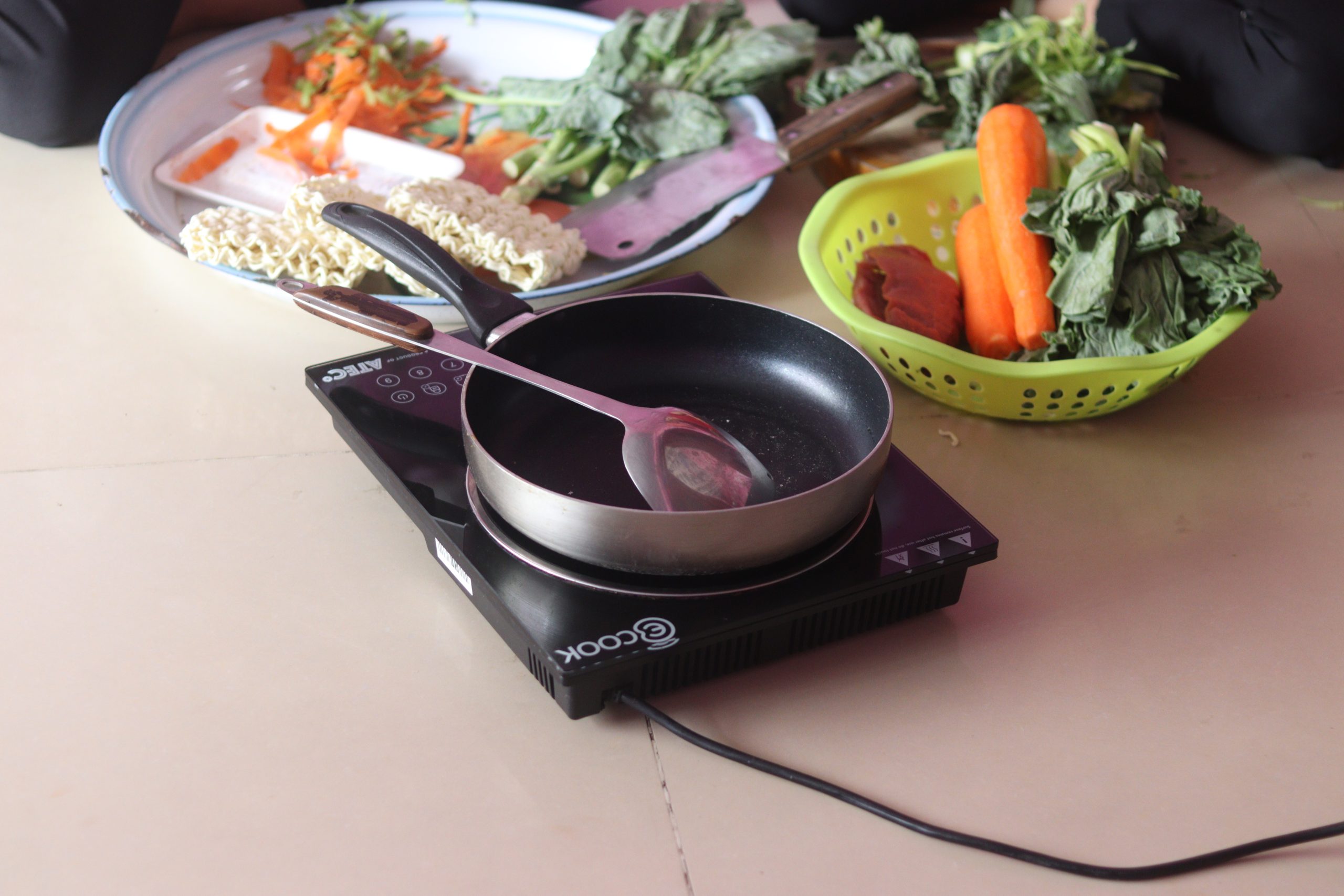
- Date
- 30th August 2023
- Categories
- Carbon Credit, Electric Cooking
By Malcolm Bricknell with Simon Batchelor
Many congratulations to ATEC and FairClimateFund in arranging their highly innovative revenue sharing transaction to support the transition of poorer communities in Bangladesh and Cambodia to electric cooking.
The issue of transparency and equitable revenue sharing has become a major issue in the carbon credit markets. Stories of projects with little benefit flowing to local households are very disturbing for offset buyers. New technology in automated data generation and PAYGO digital payments allows the direct flow of finance to local households, who are the producers of the carbon credits, to be made transparently. This project by ATEC and FairClimateFund demonstrates how these systems can be used in practice to meet this very important challenge.
ATEC has always intended that the benefits arising from the sale of its carbon credits will be equitably shared with its users under its “Cook-to-Earn” model. ATEC and FairClimateFund have now identified an opportunity to extend the advantages of this model. They have agreed a mechanism whereby FairClimateFund will purchase carbon credits from ATEC at a relatively high price with the explicit agreement that 70% of the funds will go to local households. This, and other procedures undertaken by FairClimateFund, will allow the Fund to market these high-quality credits as fair and transparent thereby achieving higher prices for the carbon credits and enhancing the opportunity for poor communities in Bangladesh and Cambodia to access electric cooking.
ATEC has developed an Android mobile application that is integrated with its induction eCook stove. The mobile app shows users real-time electricity usage data, payment status, and carbon emission reduction data. ATEC and MECS have collaborated to pilot directly linking an incentive payment to the use of the device, called ‘Cook-to-Earn’. The pilot measures how the incentive payment towards decarbonised cooking will affect usage levels, as the more users cook, the more incentive payments they earn. Customers from ATEC are already using ‘mobile money’ linked with ATEC for their induction hob purchase, so crediting is relatively straightforward.
Modern Energy Cooking Services (MECS) and Climate Impact Partners (CIP) have been working with ATEC in taking the project through certification procedures under the new Metered Methodology of Gold Standard which will generate data-verified voluntary carbon credits (D-MRV). This pioneering work is outlined in a recent blog by their CEO Ben Jeffreys.
As Ben reports in his blog, the new metered methodology is now seen to represent a major advance in market practices applicable to MEC companies/projects. At a time when the reliability of other methodologies is being challenged, the application of the new methodology may be essential to maintain the flow of invaluable climate funding which in turn is needed for accelerating the transition to MEC. Digital monitoring, reporting, and verification (D-MRV) has emerged as the best tool to address integrity concerns. By enabling the collection, reporting, and application of real-time usage data from individual MEC products, D-MRV ensures high integrity in carbon emission reduction claims and reduces the need for costly and resource-intensive field-based verification activities.
Ben’s blog quotes Marion Verles, CEO of SustainCERT -“Digital innovations, such as ATEC’s eCook devices will significantly improve the reliability, efficiency and credibility of monitoring systems – and combined with digital verification are emerging as key drivers to scaling carbon markets with integrity.”
In cookstove markets, bringing modern, sustainable technology to the base of pyramid users in an affordable way is challenging due to high costs and tight margins. Having strong and transparent incentives can be an important tool to structure programmes addressing this group. The ATEC/FairClimateFund approach is an excellent precedent in addressing this challenge.
ATEC and others expect the increase in demand for electromagnetic induction stoves will also drive down their cost. So, costs of PAYGO electromagnetic induction stoves should reduce by more than half by 2030, and carbon finance should be available to help with upfront costs. The affordability challenge can also be addressed by the ability of companies like ATEC to monetize the carbon credits very effectively using the techniques referred to above thus driving down the end-user’s cost and bridging the affordability gap for the “Base of Pyramid” users.
There is an increasing ambition from different groups to aggressively promote the eCooking agenda as will be witnessed by the forthcoming launch of GeCCO- the Global eCooking Coalition at the Africa Climate Week. Instruments like the ATEC/FairClimateFund “Cook to Earn” can be extremely helpful in promoting the realisation of this agenda.
Featured Image: ATEC Electromagnetic Induction Stove, Copyright of ATEC 2023.